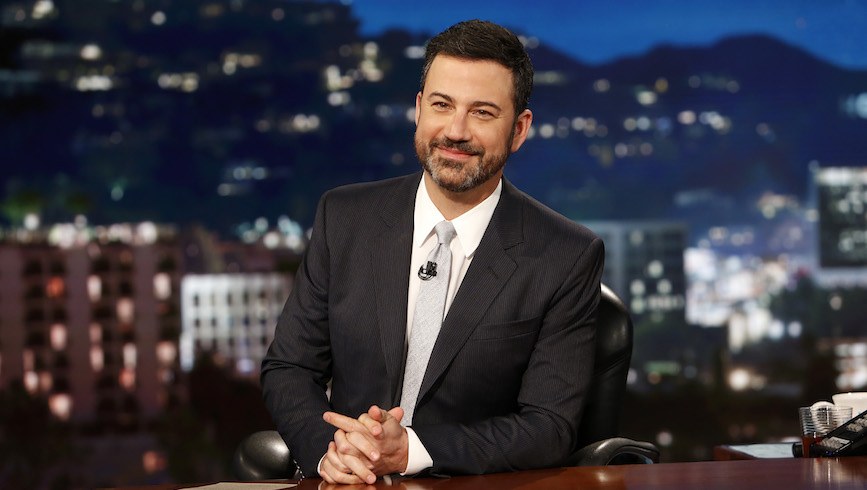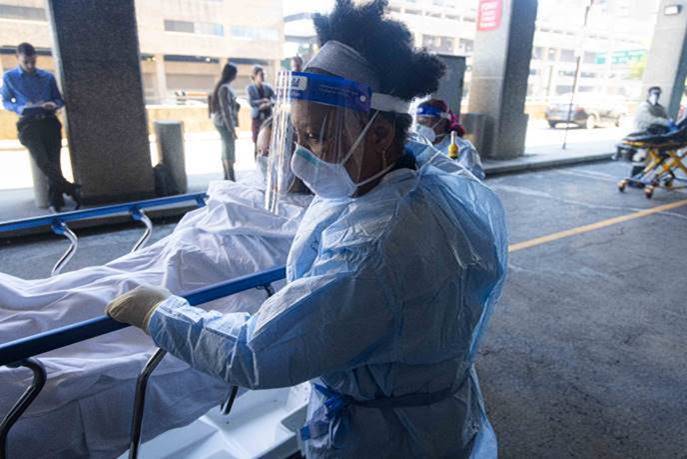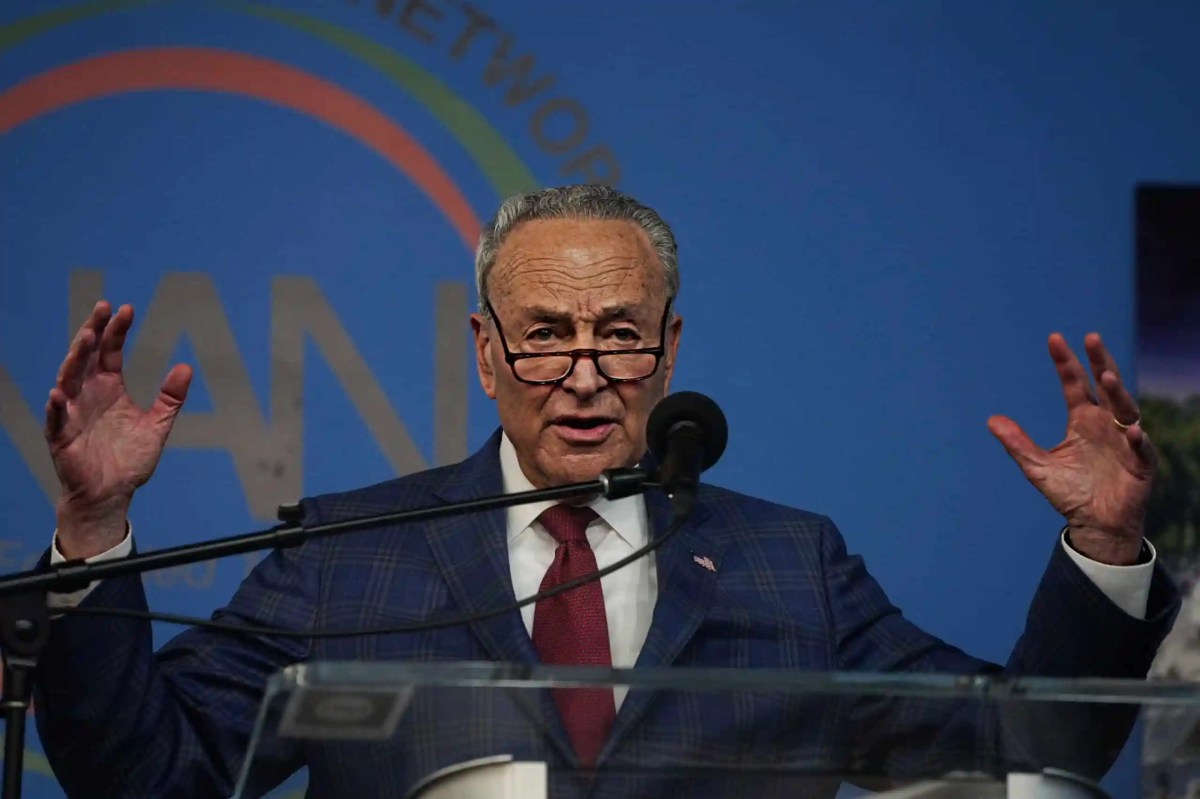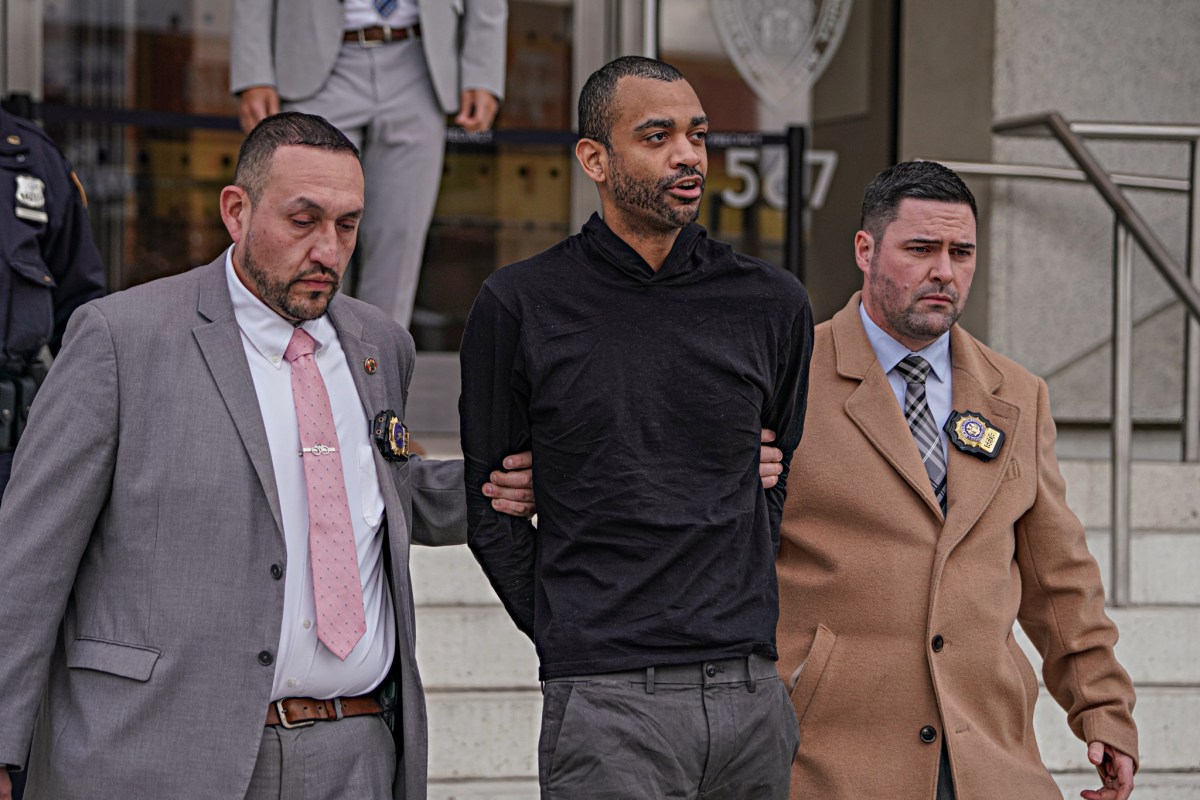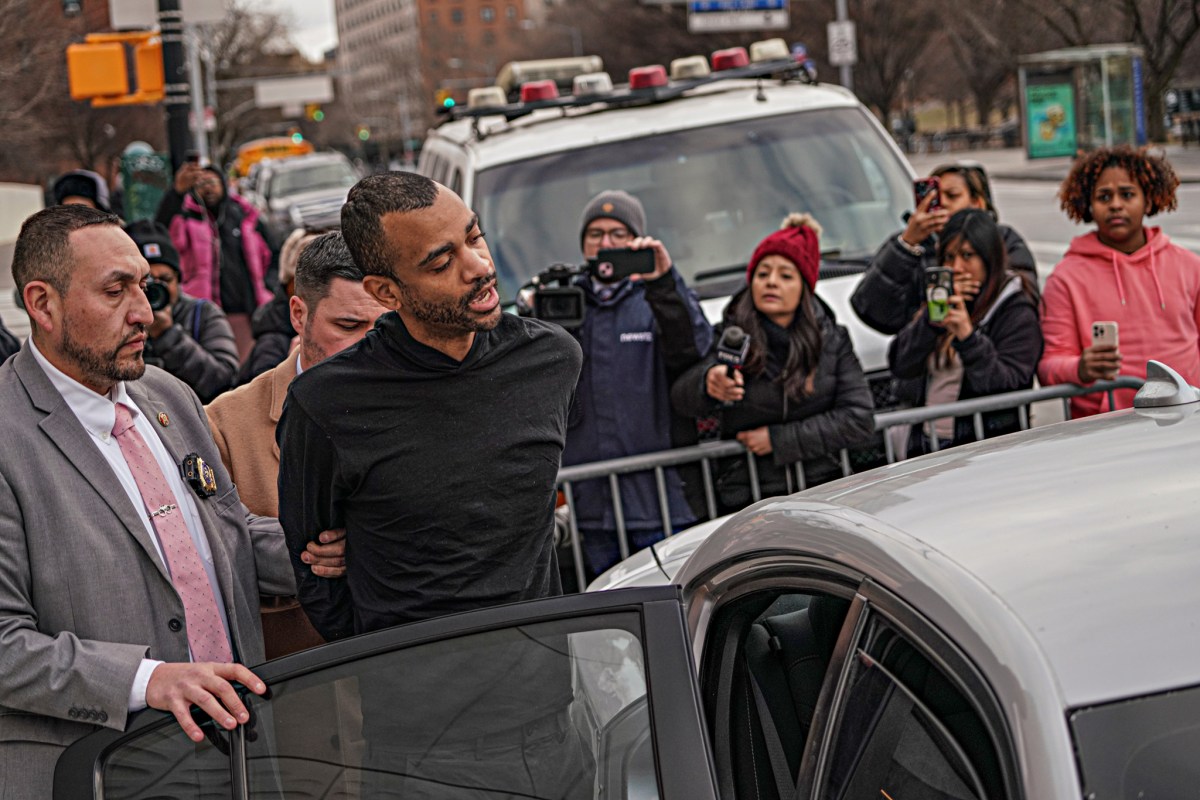When comedian Jimmy Kimmel revealed to the world that his son, Billy, had undergone open-heart surgery at just three days old, media (social and otherwise) blew up with support for the comedian and his family.
The baby has a condition called tetralogy of fallot with pulmonary atresia. According to the American Heart Association, children born with fallot have a hole between the lower chambers of the heart, an obstruction from the heart to the lungs; the aorta lies over the hole in the lower chambers and the muscle surrounding the lower right chamber becomes overly thickened.
The “Jimmy Kimmel Live!” host’s emotional monologue started a national conversation about heart defects in infants. We talked to Dr. Peter Pastuszko, chief of pediatric cardiovascular surgery for Mount Sinai Health System, to understand the condition everyone’s talking about but no one can really explain.
I am thankful to love and be loved by these two brave guys. Both criers. pic.twitter.com/NL0C3K3Q4E
— Molly McNearney (@mollymcnearney) May 2, 2017
Let’s talk about Jimmy Kimmel. First of all, what did you think about his monologue?
I think it was informational. People have to understand that, in the grand scheme of things, compared to a lot of things that can happen to a newborn baby, heart defects are very rare. Something that Jimmy Kimmel’s son had, it’s only a little less than half a percent of population.
Are there other risk factors for this sort of thing? Is it genetic?
You can consider them random events. Meaning it’s not in a genetic sense that you inherited it from your mom or your dad or somebody else. It’s certainly not related to any environmental factors. So it’s not like you were exposed to anything, or alcohol, tobacco, drugs.
Today, most congenital defects are detected during prenatal ultrasound, correct?
The majority are picked up earlier on, certainly the more severe defects. Babies are very tiny, so you may not see something very well until the baby is born.
If you see something on a prenatal ultrasound, is there anything that you can do before the birth to prepare?
Not really. Allowing us to prepare the parents — that’s a lot better than when you have this brand new baby and are learning, right now, right then and there, that there’s something really wrong with the baby’s heart.
What made the monologue relatable?
What hit me the most in this monologue was, Jimmy Kimmel sounded like so many of the parents that I meet and talk to. It’s incredibly overwhelming, it’s incredibly emotional. All you want to do is just to hold this baby, and now he’s on this warmer bed, attached to a million different lines. It’s overwhelming. Like [Kimmel] said also, it’s a pre-existing condition, it’s something you have for the rest of your life. I’m not referring to the insurance issue part of it, but it is something you have to live with.
Do you have any opinion on the insurance issue?
I will second exactly what he said. The kind of care people get in the United States is second to none. It’s sad that we have to think about whether kids like this would ever have to worry about getting this kind of health care for financial reasons, or for reasons other than just purely being able to care for them. I think that he was actually right by saying that in this country today in the 21st century, this shouldn’t be an issue.
What else should people know about tetralogy of fallot with pulmonary atresia?
To repeat what I said before, when people hear a story like this, everybody gets nervous, especially if you’re pregnant. People need to just keep in perspective, that these things are pretty rare. When you go in the ICU to see the baby after surgery or later on when they’re ready to go home, seeing parents and having them appreciate you this much. The way [Kimmel] spoke about about the whole team—frankly, that’s why we do what we do.

